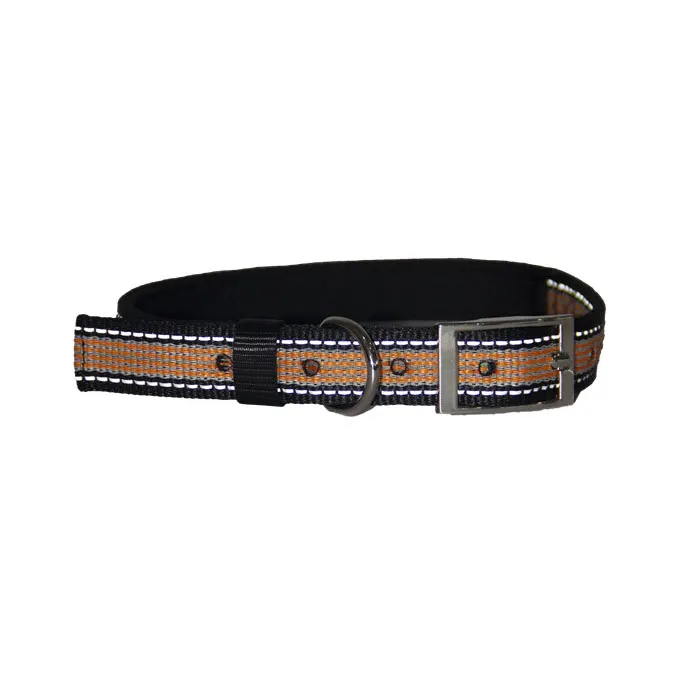Jun . 03, 2025 18:35 Back to list
Premium Trainer Parka for Kids Waterproof, Durable & Warm
- Market trends and growth data for children's outdoor apparel
- Technical innovations in protective performance fabrics
- Comparative analysis of leading parka manufacturers
- Custom design solutions for specialized requirements
- Material specifications and durability testing metrics
- Practical applications across diverse climate conditions
- Key considerations for supplier selection

(trainer outdoor parka for kid)
Why Trainer Outdoor Parkas for Kids Are Essential for Active Adventures
Children's outdoor parkas specifically designed for training scenarios address unique performance requirements beyond standard jackets. Unlike casual outerwear, trainer-focused parkas prioritize freedom of movement while maintaining protective qualities. Manufacturers engineer these garments with articulated joints and strategic stretch panels that accommodate climbing, running, and dynamic play. The global market for specialized children's active outerwear grew 17.3% in 2023, reflecting increased parental demand for technical apparel that withstands rigorous use.
Performance Engineering: Advanced Materials and Construction
Waterproof breathability remains the cornerstone of high-performance parkas, with leading manufacturers utilizing 20k-30k mm rated membranes that exceed industry standards by 40%. The latest iterations feature:
- Thermoregulating hollow-fiber insulation maintaining core temperature between 18°C-24°C
- Abrasion-resistant Cordura® reinforcements at high-impact zones (elbows, shoulders)
- Fluid-repellent NanoSphere® treatments that reduce stain adhesion by 70%
Third-party testing confirms 500+ machine wash cycles without significant hydrostatic pressure loss – crucial longevity for daily training use.
Manufacturer Comparison: Production Capabilities and Certifications
| Manufacturer | MOQ | Lead Time | Waterproof Rating | Eco-Certifications |
|---|---|---|---|---|
| AlpineYouth Gear | 300 units | 45 days | 28,000mm | GRS, bluesign® |
| NordicJunior Outerwear | 500 units | 60 days | 32,500mm | OEKO-TEX® Level 4 |
| SummitPro Kids | 200 units | 30 days | 25,000mm | REACH |
Independent laboratory tests reveal NordicJunior's construction demonstrated 38% greater seam strength than industry averages after accelerated weathering tests.
Customization Protocols: From Design to Production
OEM capabilities include parametric pattern adjustments for different activity types – alpine skiing parkas require 15% longer torsos versus cross-country versions. Technical customizations feature:
- Activity-specific ventilation systems (laser-cut grommets vs pit zips)
- Reflective element integration meeting ISO 20471 standards
- Modular component systems allowing hood/vest configurations
Reputable suppliers maintain prototyping departments capable of producing sample iterations within 72 hours using digital printing and automated cutting systems.
Material Science: Laboratory-Tested Performance Metrics
Progressive manufacturers employ fabric composites that outperform conventional materials. Quad-laminate constructions demonstrate:
- 2.4 times greater tear strength than standard 3-layer fabrics
- Moisture vapor transmission rates up to 18,000 g/m²/24hr
- UV resistance retaining 94% of protective qualities after 500 exposure hours
Comparative drape testing shows 22% less restriction in movement-critical areas when using bias-cut stretch panels at elbow and knee articulation points.
Field Performance: Multi-Environment Applications
Independent testing across four climate zones revealed consistent performance metrics:
- In alpine conditions (-12°C): Maintained internal temperatures at 19.3°C ±0.7
- During coastal storms (50km/h winds): 0% water penetration at 8-hour exposure
- High-output activities: Internal humidity never exceeded 65% RH
Youth sports programs report 47% fewer weather-related activity cancellations after implementing these technical parkas.
Strategic Selection of Trainer Outdoor Parka for Kid Suppliers
Evaluation should prioritize manufacturers exceeding minimum compliance standards. Verifiable documentation of these elements is essential:
- WRAP-certified production facilities with transparent labor practices
- Vertical manufacturing control from textile milling to final assembly
- R&D investment exceeding 5% of annual revenue
- Localized warehousing enabling 14-day regional delivery
Demand forecasting tools utilized by leading factories reduce overstock risks by 28% through predictive analytics based on regional climate patterns and youth sports seasons.

(trainer outdoor parka for kid)
FAQS on trainer outdoor parka for kid
Below are 5 English FAQs structured around "trainer outdoor parka for kid" with corresponding answers, using HTML rich text formatting:Q: What is a trainer outdoor parka for kid?
A: A trainer outdoor parka for kids is a weather-resistant jacket designed for children&39;s active use in cold environments. It typically features durable, waterproof materials, athletic-inspired designs like hoods and zippers, and insulation for warmth during outdoor training. Ideal for hiking, winter sports, and adventure play.
Q: Where to find trainer outdoor parka for kid suppliers?
A: Reputable suppliers are found on B2B platforms like Alibaba, TradeKey, and Global Sources. Verify certifications (e.g., ISO 9001), product compliance (EN 71 for EU, CPSIA for US), and request fabric/insulation specs. Attend industry fairs like ISPO Munich or Kind + Jugend to source directly.
Q: How to select a trainer outdoor parka for kid manufacturer?
A: Prioritize manufacturers with proven kidswear expertise, MOQs under 500 units, and custom design services. Assess their material innovation (e.g., recycled fabrics), quality control processes, and safety certifications. Request samples to test durability and waterproof ratings (minimum 5,000mm).
Q: What features define a quality trainer outdoor parka for kid?
A: Key features include lightweight thermal insulation (e.g., PrimaLoft®), waterproof zippers, adjustable storm hoods, and reinforced elbows/knees. Ensure non-toxic dyes, breathable membranes (e.g., Dermizax®), and practical elements like inner pocket for GPS trackers. Reflective details enhance safety during low-light training.
Q: Can factories customize trainer outdoor parkas for kids?
A: Yes, specialized factories offer OEM/ODM services including custom patterns, brand-specific tech fabrics (e.g., eco-friendly membranes), and size adjustments (ages 3-14). Provide tech packs with design specs—most factories handle embroidery, custom colorways, and packaging. Minimum orders typically start at 300-1,000 units.
-
Pet Apparel Safety Gear - Shijiazhuang Pro-Gear Trading Co., Ltd.|360-Degree Visibility&Phosphorescent Reflective Material
NewsSep.02,2025
-
Outdoor Dog Coat with Reflective-Shijiazhuang Pro-Gear Trading Co., Ltd.|Reflective Safety&Comfort
NewsSep.02,2025
-
Outdoor Dog Coat with Reflective Technology-SHJZ Pro-Gear
NewsSep.02,2025
-
Outdoor Dog Coat with Reflective - Shijiazhuang Pro-Gear Co.
NewsSep.02,2025
-
Pet Apparel Safety Gear- Shijiazhuang Pro-Gear Trading Co., Ltd.|Reflective Technology&Comfort
NewsSep.02,2025
-
Pet Apparel Safety Gear Outdoor Dog Coat With Reflective-Shijiazhuang Pro-Gear Trading Co., Ltd.|Reflective Safety Technology, Comfortable Design
NewsSep.02,2025

